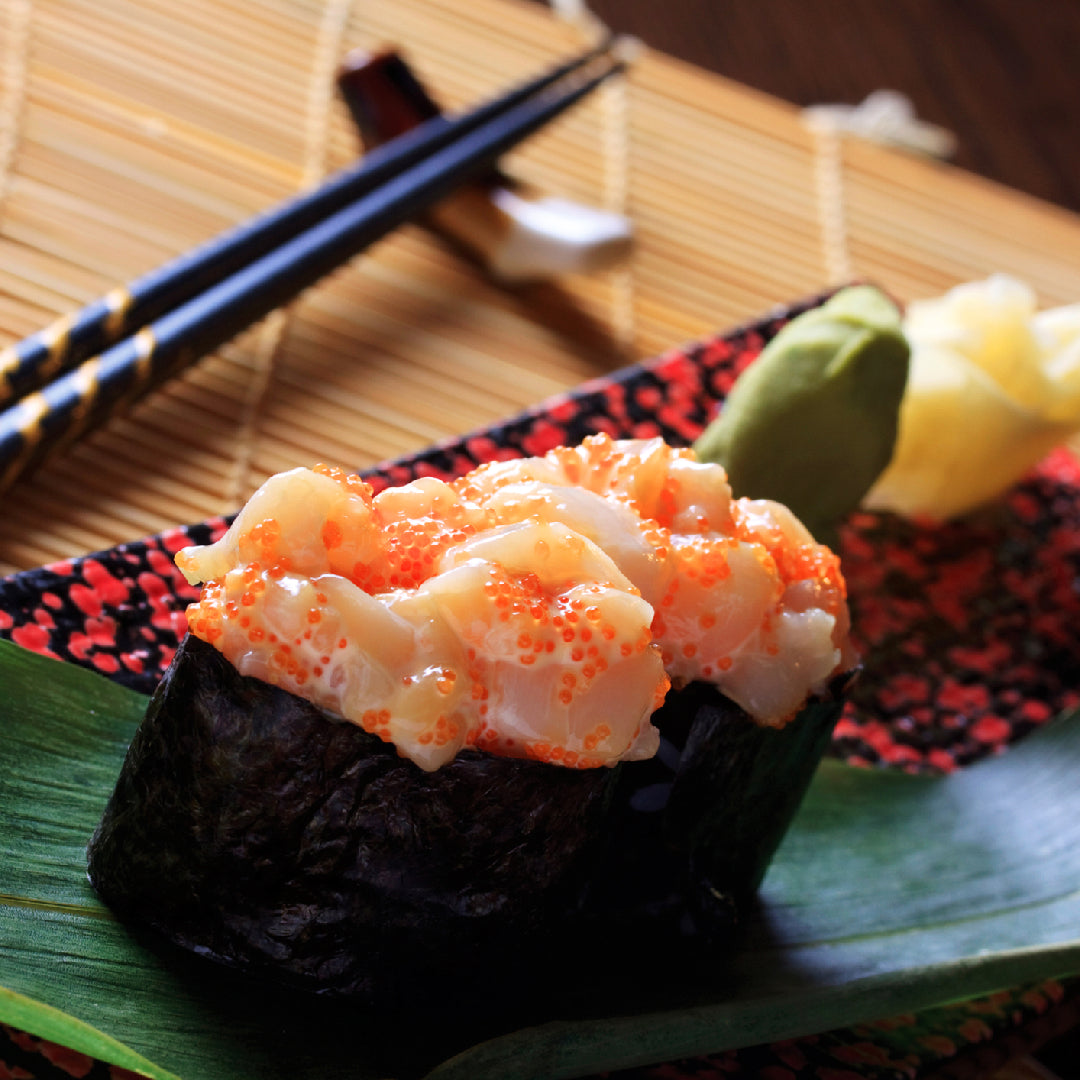
How to Store and Transport Live Scallops: Keep Them Fresh and Flavorful
Live scallops require proper storage and handling to maintain their sweet flavor and tender texture. Learn expert tips on how to store and transport live scallops, keep them fresh longer, and avoid spoilage. Plus, explore premium scallops available for delivery.

Live Scallops vs. Cooked Scallops – Which Is Better?
Live scallops offer fresh, sweet flavor, while cooked scallops provide a tender texture. Compare their taste, safety, and preparation to choose the perfect scallop experience.

How to Freeze Live Scallops – Expert Guide to Preserving Fresh Scallops
Want to enjoy fresh scallops year-round? Learn how to freeze live scallops with our step-by-step guide to maintain their delicate texture and flavor.

Live Scallops – Ethical Debate, Culinary Tradition & Seafood Practices
The consumption of live scallops sparks debate. This article explores the ethics, culinary traditions, and arguments for and against eating live seafood.

Live Scallops: History, Cultural Importance, and Cooking Tips
Explore the history, cultural significance, and culinary versatility of live scallops. Find tips for cooking, serving, and buying premium scallops today!

Top 5 Live Scallop Farms in the US – Sustainability & Quality

Incorporate Live Scallops into Your Diet – Recipes, Benefits, and Tips

The Ultimate Guide to the Best Wine Pairings for Live Scallops

Where to Buy the Freshest Live Scallops: A Complete Guide

How to Elevate Your Restaurant Menu with Live Scallops

The Incredible Health Benefits of Live Scallops – A Must-Add to Your Diet

The Ultimate Guide to Live Scallop Festivals & Events Around the World

Live Scallops and Sustainability: Protecting Oceans and Enjoying Seafood

The Best Live Scallop Dishes From Around the World

Understanding the Economic and Environmental Benefits of Live Scallop Farming

Discover the Top 10 Restaurants Serving Live Scallops Worldwide

Where to Buy the Freshest Live Scallops Near You: Tips and Recommendations

The Environmental Impact of Live Scallop Farming: What You Need to Know

Bay Scallops vs. Sea Scallops: Understanding the Differences and Choosing the Best Option

How to Identify the Freshest Live Scallops: A Comprehensive Guide

How to Clean and Prepare Live Scallops: A Step-by-Step Guide

How to Store Live Scallops to Keep Them Fresh for Longer

Can Pregnant Women Eat Scallops?

Scallops Nutrition Facts and Impressive Health Benefits
Scallops are rich in vitamin B12 and phosphorus. They are a good source of magnesium and potassium and many trace elements. Scallops are a very lean source of protein (80 percent) and they provide over 80 nutrients! They are low in calories and provide a tremendous energy source. Their dietary benefits are indeed impressive, and they are plentiful in many parts of the world. Although scallop availability was down in 2016, they have rebounded in 2017. The demand for scallops, from a global perspective, is increasing.
